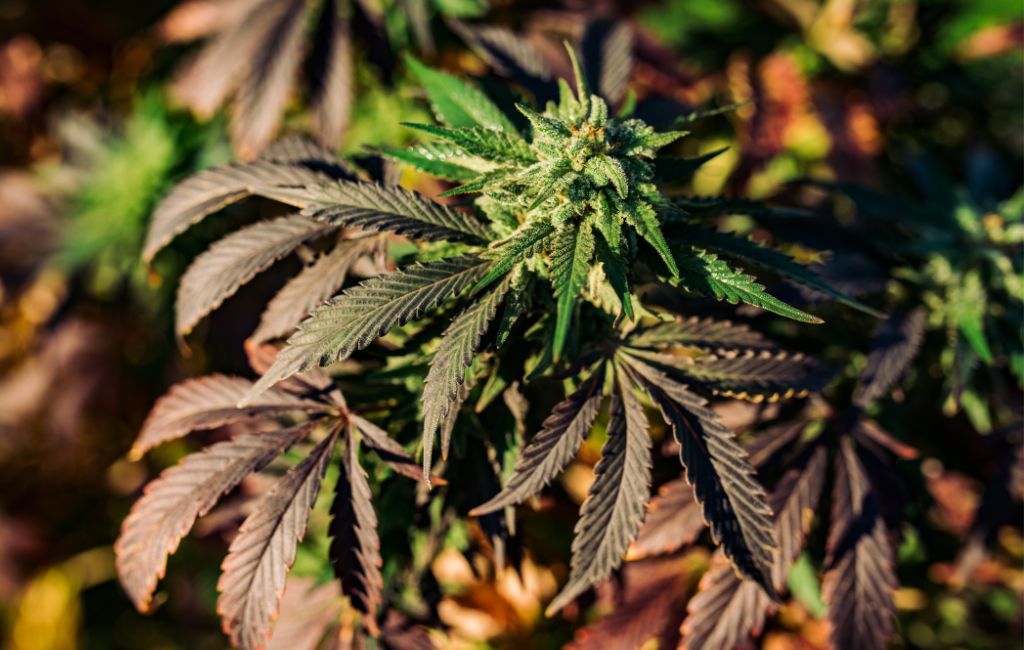THCa Flower Effects: Full Therapeutic Potential
In recent years, the cannabis industry has seen a surge in interest surrounding the non-psychoactive compound known as THCa, or tetrahydrocannabinolic acid. Unlike its more famous counterpart, THC, THCa does not produce the “high” typically associated with cannabis consumption. Instead, it offers a range of potential therapeutic benefits that are garnering attention from researchers and consumers alike. So, let’s dive in now into THCa Flower Effects: Full Therapeutic Potential.
Understanding THCa
THCa is a cannabinoid found in raw and live cannabis plants. It is the acidic precursor to THC, meaning that it converts to THC when exposed to heat through a process called decarboxylation. This transformation is what typically occurs when cannabis is smoked or vaporized. However, when consumed in its raw form, THCa remains non-psychoactive and retains its unique properties.
Potential Health Benefits
Research into THCa is still in its early stages, but preliminary studies and anecdotal evidence suggest a variety of health benefits. Some of the most promising areas of research include:
- Anti-inflammatory Properties: THCa has shown potential in reducing inflammation, which could be beneficial for conditions such as arthritis and inflammatory bowel disease.
- Neuroprotective Effects: Early studies indicate that THCa may help protect brain cells, offering potential benefits for neurodegenerative diseases like Alzheimer’s and Parkinson’s.
- Anti-emetic Effects: THCa may help reduce nausea and vomiting, making it a potential option for patients undergoing chemotherapy.
- Antioxidant Properties: The compound’s antioxidant effects could contribute to overall health and wellness by combating oxidative stress.
Case Studies and Research
While comprehensive clinical trials are still needed, several case studies and smaller research projects have highlighted the potential of THCa. For instance, a study published in the “British Journal of Pharmacology” explored the anti-inflammatory effects of THCa and found promising results in animal models. Another study in “Phytomedicine” examined its neuroprotective properties, suggesting that THCa could play a role in protecting against neurodegenerative conditions.
Patient Experiences
Beyond scientific studies, patient testimonials provide valuable insights into the effects of THCa. Many individuals report relief from chronic pain, improved mood, and enhanced overall well-being. These anecdotal accounts, while not scientifically rigorous, offer a glimpse into the potential real-world applications of THCa.
Consumption Methods
To experience the benefits of THCa, consumers have several options for consumption. These methods preserve the compound’s non-psychoactive properties:
- Raw Cannabis Juicing: Juicing raw cannabis leaves and flowers is a popular method for consuming THCa. This approach allows individuals to ingest the compound without heating it, thus maintaining its original form.
- Tinctures and Oils: THCa tinctures and oils provide a convenient way to incorporate the compound into daily routines. These products are often used sublingually for quick absorption.
- Capsules: For those who prefer a more traditional supplement form, THCa capsules offer a precise dosage without the need for preparation.
Legal Considerations
The legal status of THCa varies by region, as it is often classified alongside THC. In areas where cannabis is legal for medical or recreational use, THCa products are generally available. However, consumers should be aware of local regulations and ensure compliance with the law when purchasing or using THCa products.
Future Research Directions
The potential of THCa is vast, but further research is necessary to fully understand its effects and applications. Scientists are calling for more comprehensive studies to explore its therapeutic potential, optimal dosages, and long-term effects. As the cannabis industry continues to evolve, THCa is likely to remain a focal point for researchers and healthcare professionals.
Challenges and Opportunities
One of the main challenges in THCa research is the lack of standardized testing and regulation. This can lead to variability in product quality and potency. However, this challenge also presents an opportunity for innovation and improvement within the industry. As more data becomes available, the development of standardized protocols and high-quality products will likely follow.
Conclusion
THCa represents a promising frontier in cannabis research, offering a range of potential therapeutic benefits without the psychoactive effects of THC. While more research is needed to fully understand its capabilities, early studies and patient experiences suggest that THCa could play a significant role in future medical treatments. As interest in this compound grows, it is poised to become an integral part of the evolving landscape of cannabis-based therapies.
